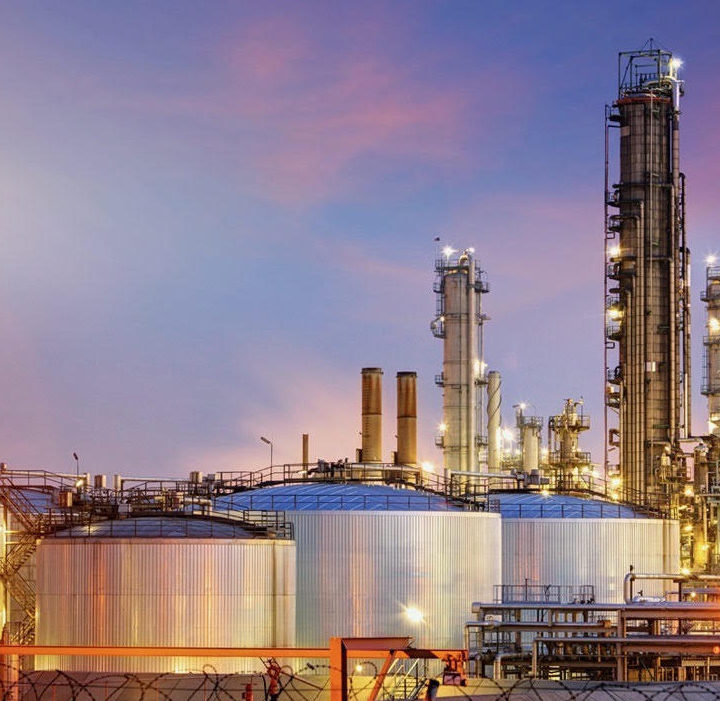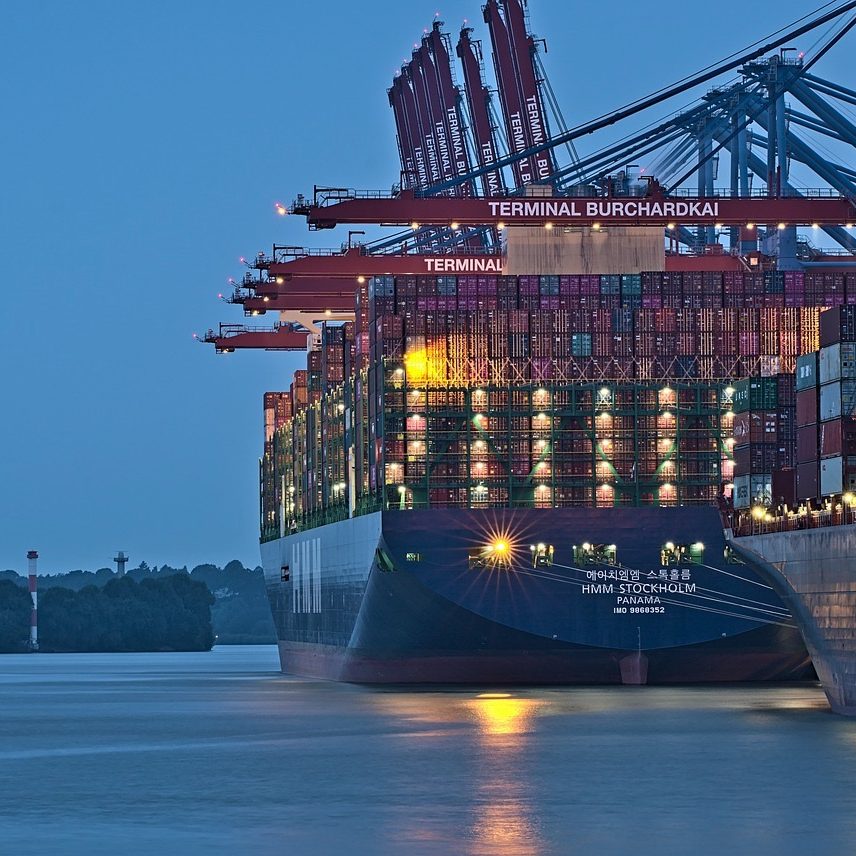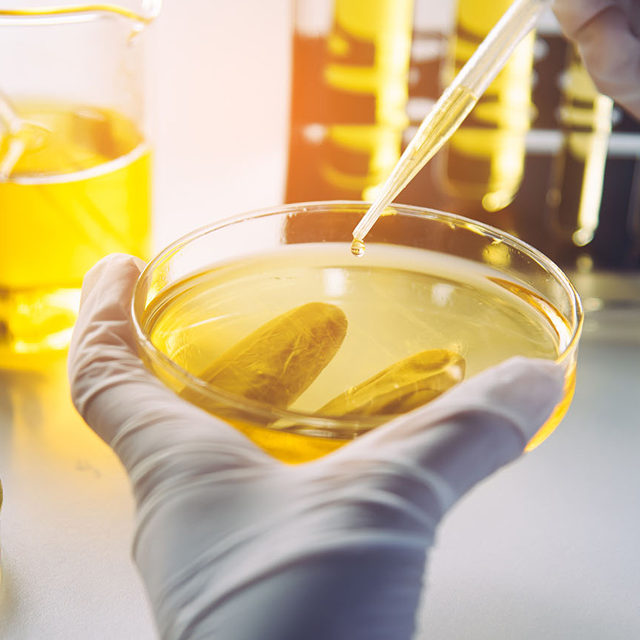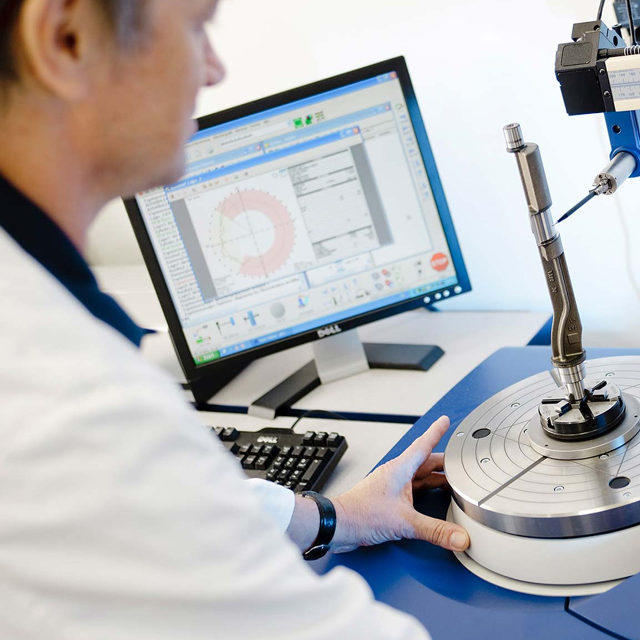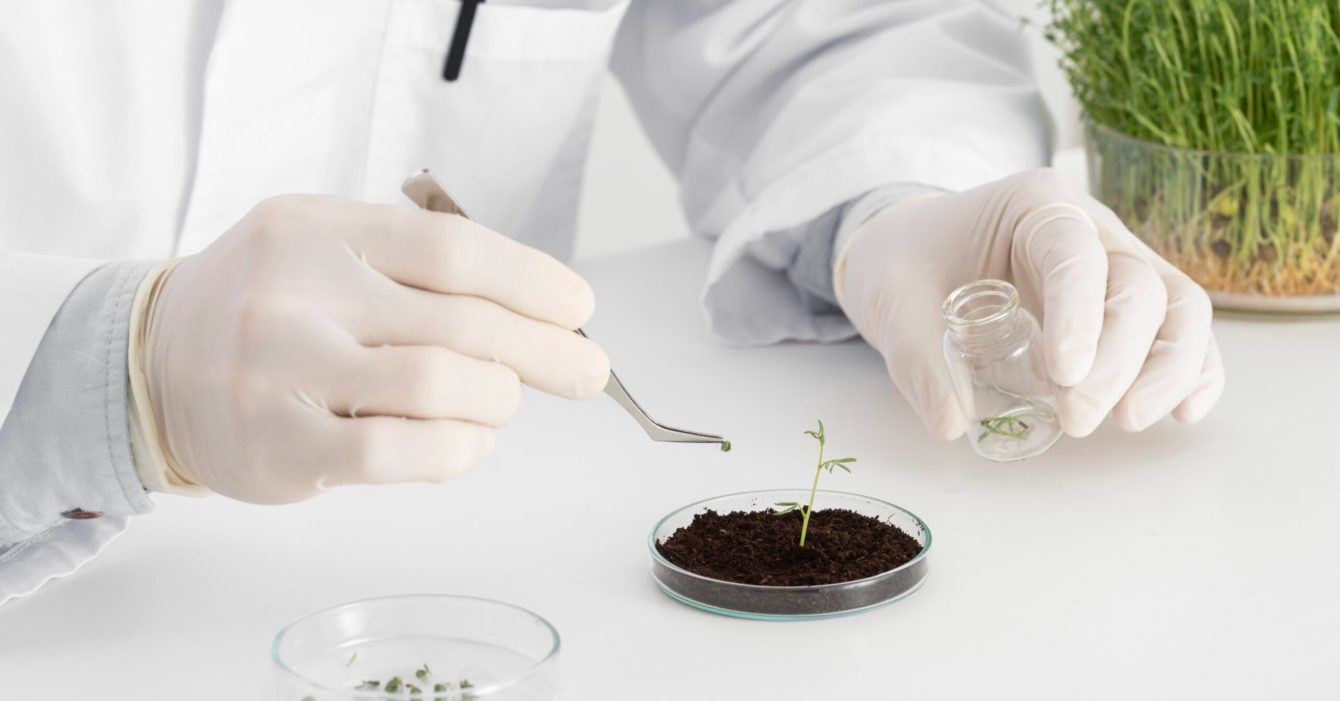Agriculture remains the backbone of Egypt’s economy, supporting millions of livelihoods and contributing significantly to national GDP.
As farmers across the country strive to improve crop yield, soil health, and overall productivity, one factor plays a critical role in the equation: fertilizers.
However, the effectiveness of any fertilizer—whether organic, inorganic, or blended—depends heavily on its composition, purity, and compliance with quality standards.
To protect farmers, enhance productivity, and promote sustainable agriculture, fertilizer testing laboratories in Egypt serve as essential checkpoints for validating fertilizer quality.
This article explores the importance of fertilizer testing, outlines the services offered by certified labs, and introduces TankOil Group as a trusted provider in Egypt’s agricultural quality assurance ecosystem.
Why Fertilizer Testing Matters
Fertilizers are crucial for replenishing essential nutrients in the soil, ensuring healthy plant growth, and increasing agricultural output. However, poor-quality fertilizers or mislabeled products can lead to:
- Soil degradation
- Reduced crop yield
- Toxic buildup
- Wasted investments for farmers
Fertilizer testing is necessary to:
- Verify nutrient content (e.g., nitrogen, phosphorus, potassium)
- Detect adulterants or contaminants
- Ensure compliance with national and international standards
- Protect agricultural productivity and environmental safety
Especially in Egypt, where agriculture is often constrained by limited arable land and water scarcity, every input counts. Fertilizer testing helps farmers and agri-businesses make informed decisions and avoid costly errors.
Who Needs Fertilizer Testing?
A wide range of stakeholders benefit from certified fertilizer testing services:
- Fertilizer Manufacturers and Blenders: To validate product quality before market release.
- Importers and Exporters: To ensure cross-border compliance and verify the quality of imported products.
- Farmers and Agricultural Cooperatives: To confirm they are using high-value, effective fertilizers.
- Government Agencies and Regulatory Bodies: To enforce standards and prevent market fraud.
- Research Institutions and Universities: To test new formulations and monitor nutrient effectiveness.
Services Offered by Fertilizer Testing Labs in Egypt
Fertilizer testing laboratories in Egypt provide a wide array of analytical and certification services. These services aim to assess the physical, chemical, and biological properties of fertilizers.
- Nutrient Content Analysis
The core purpose of fertilizer testing is to determine if the actual composition matches what is declared on the label. Key nutrients include:
- Macronutrients: Nitrogen (N), Phosphorus (P), and Potassium (K)
- Secondary Nutrients: Calcium (Ca), Magnesium (Mg), and Sulfur (S)
- Micronutrients: Iron (Fe), Zinc (Zn), Copper (Cu), Boron (B), etc.
Precise testing ensures correct dosage and application efficiency.
- Contaminant & Heavy Metal Testing
Fertilizers may be contaminated with heavy metals like:
- Lead (Pb)
- Cadmium (Cd)
- Arsenic (As)
- Mercury (Hg)
These elements can accumulate in soil and crops, leading to health risks and export rejections. Labs check for such impurities to protect consumers and ecosystems.
- Moisture & Physical Property Testing
Moisture content affects storage, application, and shelf life. Physical testing also includes:
- Granule size and uniformity
- Color and texture
- Solubility and density
Such parameters are important for both user convenience and chemical stability.
- pH and EC (Electrical Conductivity) Measurement
pH influences nutrient availability, while EC reflects salt concentration. Labs measure these values to guide proper application and prevent over-fertilization.
- Organic Matter and Carbon Content (for Organic Fertilizers)
For organic fertilizers like compost, manure, or biochar, labs measure:
- Total organic carbon (TOC)
- Organic matter content
- Microbial activity and pathogen presence
These factors help verify the effectiveness and safety of organic products.
- Label Verification and Compliance Testing
Labs ensure that fertilizer labels meet the Egyptian Ministry of Agriculture’s requirements as well as international standards like FAO, EU regulations, and ISO guidelines. This is critical for market access and product legality.
- Certification and Documentation
Certified labs issue formal test reports and compliance certificates required for:
- Regulatory approval
- Customs clearance
- Tender applications
- Export procedures
TankOil Group – Egypt’s Trusted Fertilizer Testing Partner
TankOil Group is a leading Egyptian company known for its robust quality assurance services across the agricultural, industrial, and food sectors. Their fertilizer testing lab is fully equipped to meet both local and international analytical standards, ensuring precise, trustworthy results.
What Sets TankOil Group Apart:
- ✅ ISO/IEC 17025 Accreditation: Demonstrates high technical competence in testing.
- ✅ Cutting-Edge Equipment: Advanced instruments for atomic absorption, ICP-OES, and spectrophotometry.
- ✅ Skilled Experts: Chemists and agronomists with extensive experience in fertilizer analysis.
- ✅ Fast Turnaround Times: Efficient reporting and sample handling to meet urgent deadlines.
- ✅ Regulatory Knowledge: Deep understanding of Egyptian and international compliance standards.
TankOil provides services to:
- Fertilizer producers and blenders
- Distributors and exporters
- Agricultural cooperatives
- Regulatory agencies
The Impact of Poor-Quality Fertilizers
Fertilizers that fail to meet declared standards can cause substantial harm:
- Economic loss: Farmers waste money on ineffective inputs.
- Environmental damage: Excess nutrients lead to soil salinization, waterway pollution, and greenhouse gas emissions.
- Reputational risk: Manufacturers and suppliers lose credibility.
- Trade barriers: Export shipments may be rejected if they don’t meet destination standards.
By partnering with a certified lab like TankOil Group, these risks can be significantly reduced or entirely avoided.
Fertilizer Regulation in Egypt
The Egyptian government has implemented stringent regulations to ensure fertilizer quality and protect agricultural sustainability. Key entities involved include:
- The Ministry of Agriculture and Land Reclamation
- The Agricultural Research Center (ARC)
- The General Organization for Export and Import Control (GOEIC)
TankOil Group collaborates closely with these organizations to ensure its testing services align with national goals and support enforcement of laws.
Innovations & Trends in Fertilizer Testing
The fertilizer industry is rapidly evolving, with testing practices adapting to meet new challenges:
- Smart Fertilizers: Labs now test controlled-release fertilizers, nano-fertilizers, and bio-stimulants.
- Digital Agriculture: Testing data integrates with farm management software to enhance decision-making.
- Sustainable Practices: Emphasis on testing for carbon footprint, eco-toxicity, and organic certification.
- AI-Powered Analysis: Future labs are exploring automation and machine learning for faster, more consistent results.
TankOil Group is continuously upgrading its capabilities to remain at the forefront of these industry advancements.
How the Testing Process Works
At TankOil Group, the fertilizer testing process is streamlined, transparent, and customer-friendly:
- Sample Collection: Samples can be delivered to the lab or collected by trained field technicians using sterile, tamper-evident containers.
- Sample Registration: Each sample receives a unique ID to maintain traceability.
- Analytical Testing: Conducted under controlled conditions using validated methods.
- Data Review: Results are verified by senior analysts and quality control officers.
- Reporting: A detailed report is issued with clear, actionable insights, along with any applicable certification.
Why Choose TankOil Group?
Choosing TankOil Group for fertilizer testing provides numerous benefits:
- 📌 Regulatory Confidence: Ensure your products meet Egyptian and export market standards.
- 📌 Risk Reduction: Avoid fines, rejection, and environmental liabilities.
- 📌 Agricultural Excellence: Support high-quality farming with precise nutrient management.
- 📌 Market Competitiveness: Gain a reputation for reliability and product transparency.
Conclusion
Fertilizer testing is not just a quality control measure—it is a critical step in Egypt’s quest for sustainable agriculture, food security, and global trade competitiveness. With increasing scrutiny on agricultural inputs and a growing demand for high-efficiency fertilizers, the role of accredited laboratories has never been more important.
TankOil Group provides a trusted, professional, and science-backed approach to fertilizer testing in Egypt. Their commitment to accuracy, compliance, and innovation makes them the preferred partner for manufacturers, farmers, and regulators alike.
For any organization committed to agricultural success and market integrity, TankOil Group is the reliable name to trust.
FAQs
What does fertilizer testing involve?
It involves analyzing fertilizers for their nutrient content, contaminants, moisture, and physical properties to ensure safety and effectiveness.
Is fertilizer testing mandatory in Egypt?
Yes, for manufacturers and importers, testing is required to comply with national agricultural standards and obtain regulatory approvals.
What standards should fertilizers meet?
Fertilizers in Egypt must meet standards set by the Ministry of Agriculture, as well as international norms like ISO, FAO, and EU directives for export products.
How long does testing take?
Turnaround time depends on the scope of testing, but TankOil Group offers standard and expedited options to meet client needs.
Can TankOil test organic fertilizers?
Yes, TankOil Group provides specialized testing for compost, manure, biochar, and other organic inputs, including microbial and heavy metal analysis.
